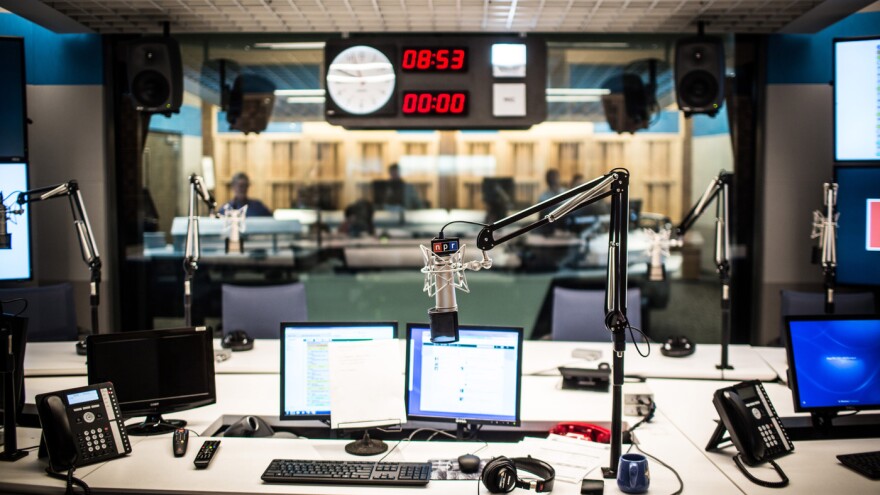During the coming months, NPR will be convening leaders of stations around the country to explore a new way for member stations and NPR to work together in the years ahead.
Dubbed “The NPR-Member Station Compact” the effort seeks to replace the current relationship, that is primarily a producer-purchaser model in which NPR produces programs and stations buy them, with one that is deeper, more interdependent and dynamic.
The goal of the compact is to achieve three objectives:
- Build the strongest network of journalists, storytellers and artists to help audiences understand their communities, the world, and the people around them.
- Create the next generation of digital engagement platforms that will facilitate meaningful digital experiences for audiences, while connecting them to NPR and member stations.
- Reinvent how we raise funds to support our work.
Building consensus on how to achieve these objectives will not be easy. NPR member stations are a diverse and often unruly bunch. They serve large markets and small communities; they are located in urban centers and rural towns; they have multi-million-dollar budgets and very modest means; they are aligned with an array of institutional partners with different organizational structures including universities, community colleges, Native American tribes and community non-profits.
While the work will be difficult, I think it’s the right time for this effort. The largest stations serving urban areas have grown exponentially in the last 10 years while stations serving smaller, rural areas have struggled. Sound familiar? If we don’t have the courage to take on this reality within the public radio ecosystem, we risk the same type of dysfunction that is taking place within the American political system fanned by a similar economic stratification.
If we are bold, however, we can achieve our three objectives and realize a vision that transforms the role public radio plays in American society:
Our Journalism Network
We will harness the power of our unique local-national network, which is comprised of over 400 NPR staff journalists and 1,800 station reporters, to become recognized as the most trusted source of journalism in America. Our journalists will coordinate their work using common systems so we can simultaneously serve the different needs of local, regional, and national audiences with daily news across platforms—regardless of how big or complicated each story is.
If we don't have the courage to take on this reality within the public radio ecosystem, we risk the same type of dysfunction that is taking place within the American political system fanned by a similar economic stratification.
NPR and station beat reporters will collaborate on reports that simultaneously explore national issues and explain how they are playing out in communities across America. Journalists across the country, supported by a team of specialists, will use investigative reporting, data analysis, and crowd-sourcing to break important stories each day.
Next Generation Digital Engagement
The public radio audience will grow as people discover our local-national content blend through the reach of new and coordinated NPR digital platforms. These new audiences will be younger and more diverse. We will know enough about our audience members so that we can make personalized content suggestions and communicate with them directly. We will engage in a dialogue with communities of place and interest, convening in-person events and providing virtual forums for people to connect with each other. This new digital audience will create new support for NPR and local stations as we eliminate barriers to giving on digital platforms.
Supporting Our Work
People will support public radio in new ways that they find meaningful. They will fund local station journalism not only in their home community, but in other places they care about. Supporters will help to eliminate news deserts in places where resources are scarce, and they will fund programs they love and projects on topics that interest them. An expanding nationwide network of major donors will emerge to support our existing work and fuel innovation. We will know our audience members’ interests better, and work collaboratively to fund regional and national priorities.
I look forward to participating in the discussions ahead that will shape the new NPR-Member Station relationship. My hope is that our new “compact” will enable us to invest in our collective future decisively, help us leverage economies of scale so we can use resources more effectively and deepen the value of public radio for citizens in every community across the nation.
Paul Westhelle is JPR’s Executive Director.




